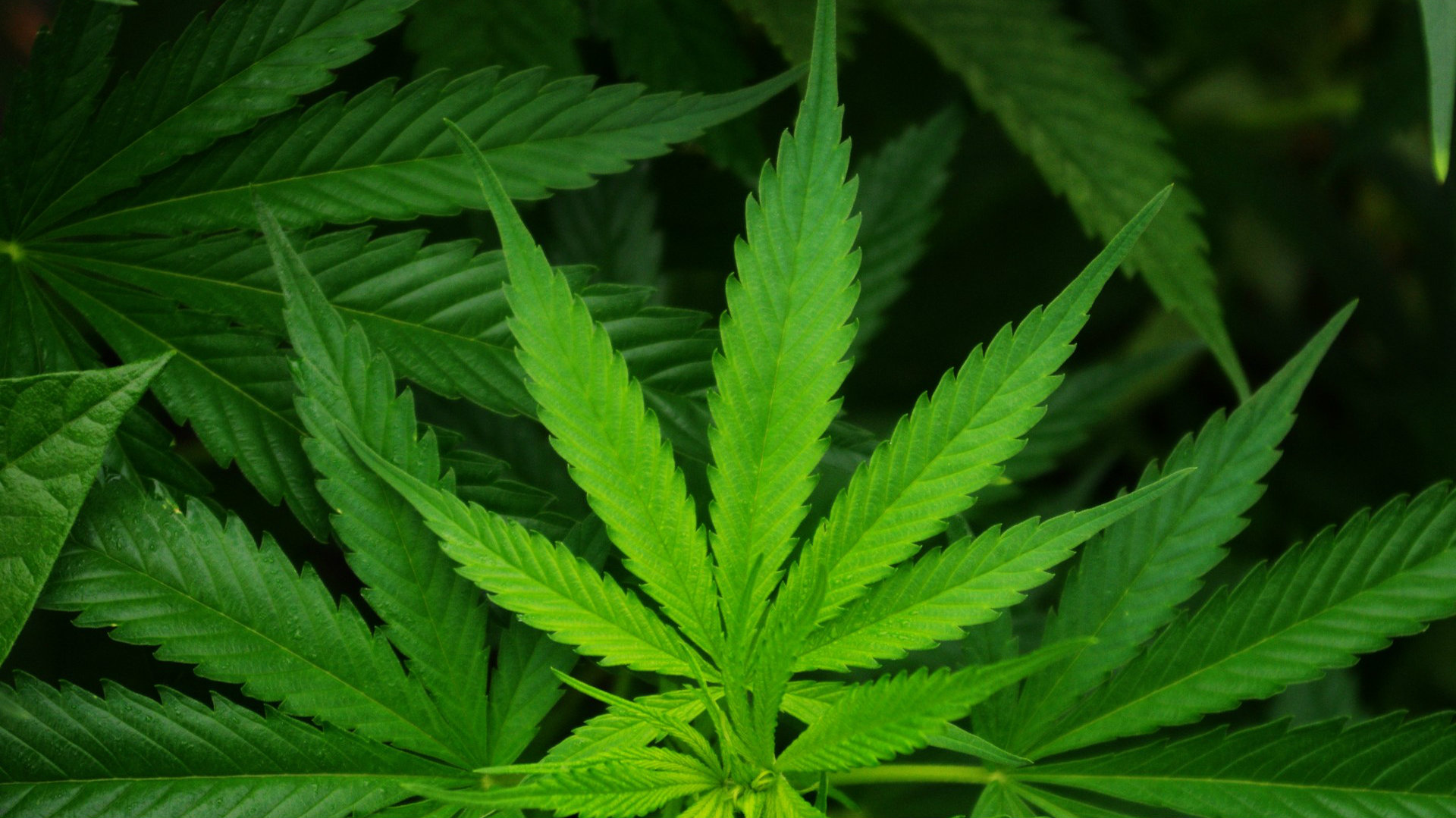Provincial governments in Canada are wrestling with the challenges of cannabis legalization as the Federal Government targets a summer 2018 legalization date. Some of the issues bandied about by politicians are child safety in the wake of legalization, how consumption will change impaired driving laws, and, a crucial point for politicians and bureaucrats, how tax revenue will be extracted.
A Nanos Research poll of 1,000 Canadians revealed divisions on these points. In setting the rules, 57% of respondents said the Federal Government should lay the groundwork, 32% want the responsibility to go to the provinces, and 11% are unsure.
In late 2016, advocacy leader the Drug Policy Alliance (DPA) released a report on developments in the states of Washington and Colorado, where commercial cannabis markets have been open and operating for three years.
State surveys showed that cannabis use among teenagers was unchanged since legalization. Legalization opponents often point to the potential dangers that use can have at early ages. These groups could point out the increase in rates of cannabis poisoning, 47 cases in 2015 (up from 25 in 2013) among small children in Colorado. Note that cannabis accounts for only 2.3 of every 1,000 poison control case for children 10 and younger in the state. Rates of poisoning are also dwarfed by tobacco cases in children.
As far as impacts on driving are concerned, the DPA writes: “Post-legalization traffic fatality rate has remained statistically consistent with pre-legalization levels … and is lower than the national rate.” Data released from the Cato Institute in 2015 and 2016 was consistent with the conclusions reached in these findings.
The DPA also found that tax revenues had exceeded projections in Washington and Colorado. Still, the increase represented less than 1% of state expenditures for both.
Shares of Aphria Inc. (TSX:APH) fell 11% in the week of July 31 to August 4. This was after the stock shot up in the wake of Q4 results that demonstrated the company had slashed production costs. On August 4, the stock fell 3.2% to close at $5.75. On July 28, CEO Vic Neufeld said an announcement was coming soon that the company hopes will reconcile cannabis companies with investments in the U.S., where it is still illegal on a federal level.
Canopy Growth Corp. (TSX:WEED) stock also experienced a 2.95% decline over the course of the same week. On August 4, Canopy Growth reiterated that it will only conduct business in jurisdictions where it is legal on a federal level. Bruce Linton, chairman and CEO of Canopy Growth, chimed in: “Canopy Growth investors can feel confident that they are not being exposed to undue risks.”
Cannabis stocks like Aphria and Canopy Growth are demonstrating some of the volatility investors have been used to in 2017. Long term, the outlook is still extremely bright, but in the short and medium term, volatility will likely reign before the provinces hash out substantive plans. If developments in Washington and Colorado are any indication, legalization may not provide the social and political earthquake that politicians are projecting.









